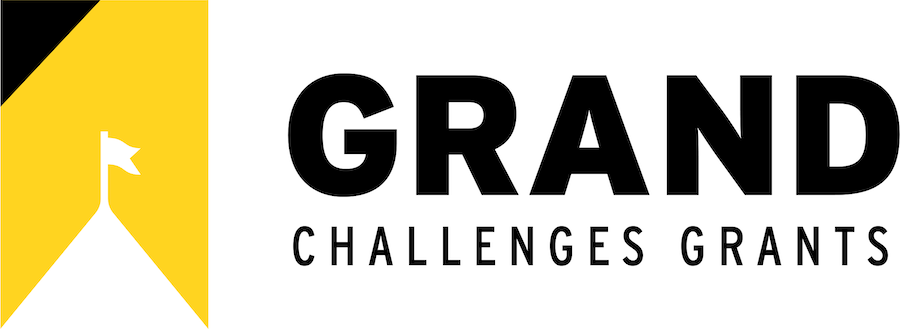Grand Challenges: Fostering Inclusivity through Technology (FIT)
Achieving Common Ground in Autistic-Neurotypical Interactions with Innovations in Video Calling
Speech Therapy That Doesn’t Tell Autistic People ‘Your Brain is All Wrong’
November 11, 2025
Shevaun Lewis Presents Poster on "Challenges with Mixed-Neurotype Conversations in the Workplace: Autistic Perspectives" at the Stanford Neurodiversity Summit
September 24, 2024
First Annual Fostering Inclusivity through Technology Workshop
June 19, 2024
UMD Faculty Co-Host Events Aimed at Increasing Neurodiversity
June 17, 2024
UMD Researchers Creating Video-Calling Platform For Inclusive Workplace Communication
October 20, 2024
UMD Tech Tool Aims to Make Workplaces More Inclusive for Autistic People
October 12, 2023
Summary: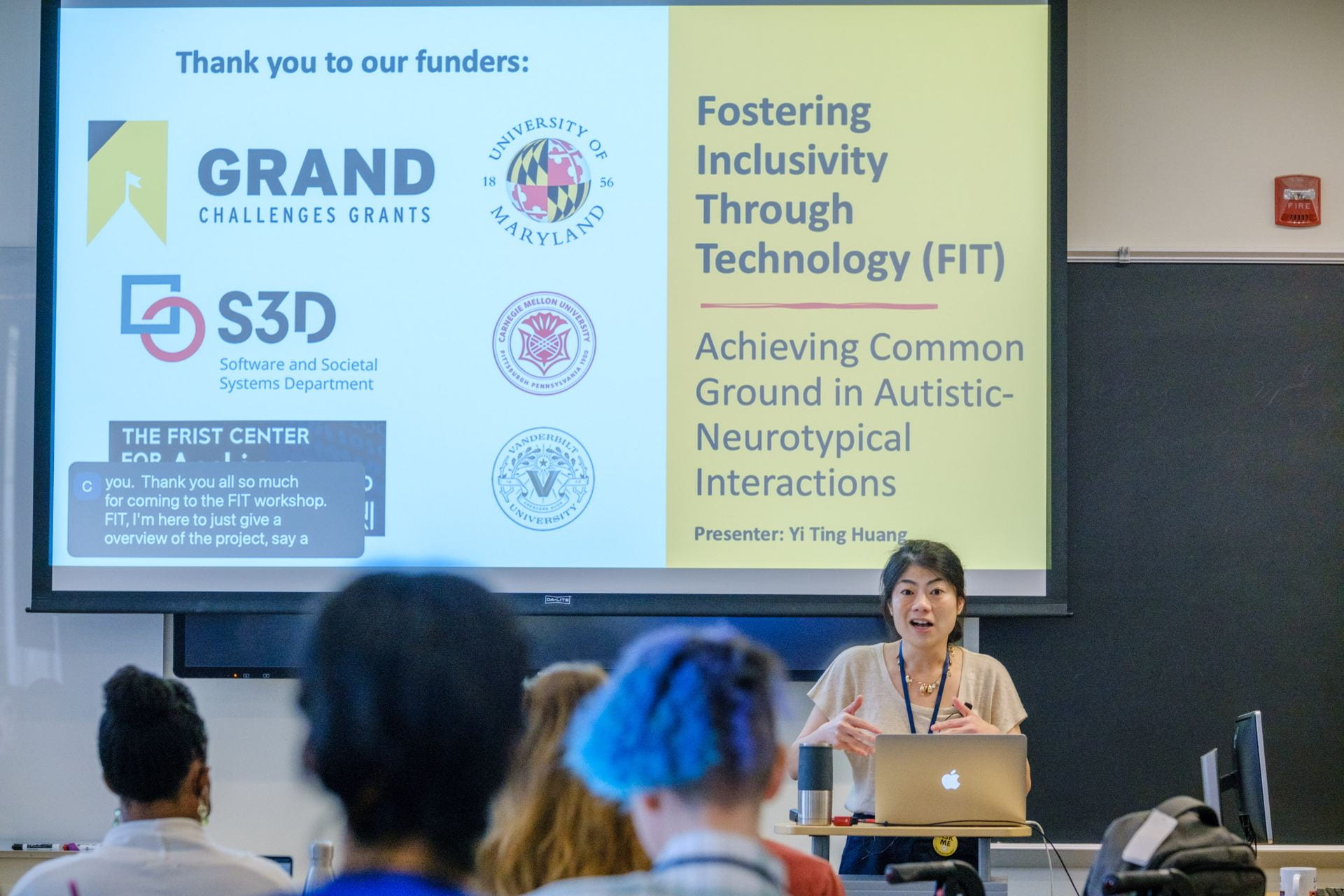 Autistic people experience sensory and social information differently from neurotypical people, and this leads to frequent miscommunications and discrimination in majority-neurotypical workplaces. If the precise causes and consequences of autistic-neurotypical misalignments in workplace conversations can be better understood, a new opportunity can be unlocked: to create augmented spaces for communication that negotiate differences and bridge gaps in neurodiverse workplaces. The Fostering Inclusivity through Technology (FIT) is a video-calling platform that promotes mutual understanding by highlighting team sentiment, building rapport with strangers, connecting past and current topics in conversations, and unobtrusively identifying and resolving misunderstandings. The research brings together autistic people, social scientists, technologists, and stakeholders in industry, policy, and advocacy to describe communication needs in workplaces, understand real-time communication dynamics in single- and mixed-neurotype interactions, and develop efficacy and ethical criteria for technology to support autistic-neurotypical communication.
Autistic people experience sensory and social information differently from neurotypical people, and this leads to frequent miscommunications and discrimination in majority-neurotypical workplaces. If the precise causes and consequences of autistic-neurotypical misalignments in workplace conversations can be better understood, a new opportunity can be unlocked: to create augmented spaces for communication that negotiate differences and bridge gaps in neurodiverse workplaces. The Fostering Inclusivity through Technology (FIT) is a video-calling platform that promotes mutual understanding by highlighting team sentiment, building rapport with strangers, connecting past and current topics in conversations, and unobtrusively identifying and resolving misunderstandings. The research brings together autistic people, social scientists, technologists, and stakeholders in industry, policy, and advocacy to describe communication needs in workplaces, understand real-time communication dynamics in single- and mixed-neurotype interactions, and develop efficacy and ethical criteria for technology to support autistic-neurotypical communication.
Team Members:
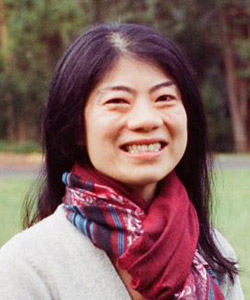 PI: Yi Ting Huang (BSOS), Associate Professor, Hearing and Speech Sciences |
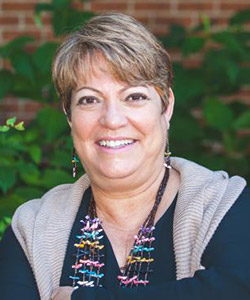 Kathryn Dow-Burger (BSOS), Clinical Associate Professor, Hearing and Speech Sciences |
 Andrew Begel, Associate Professor, Computer Science, Carnegie Mellon University |
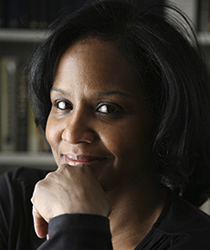 Carol Espy-Wilson (ENGR), Professor, Electrical and Computer Engineering, ISR |
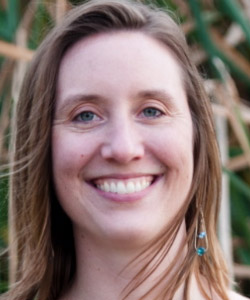 Elizabeth Redcay (BSOS), Associate Professor, Psychology |
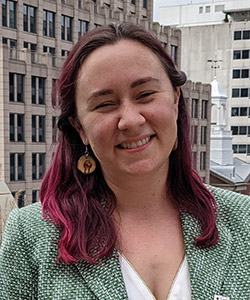 Shevaun Lewis (ARHU), Assistant Research Professor and Assistant Director, Language Science Center |
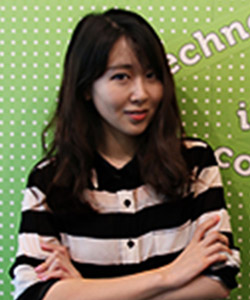 Ge Gao (INFO), Assistant Professor, Information Studies |
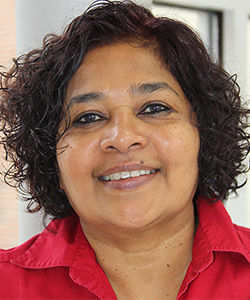 Louiqa Raschid (BGMT), Professor, Information Systems |
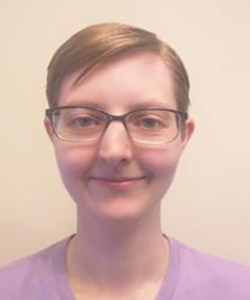 Ira Kraemer (CMNS), Neuroscience and Cognitive Science, Biology |
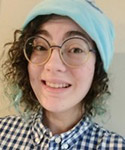 Quentin Leifer (BSOS), Measurement, Statistics, and Evaluation |

